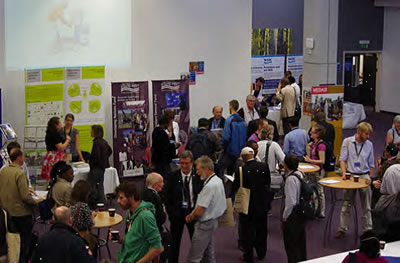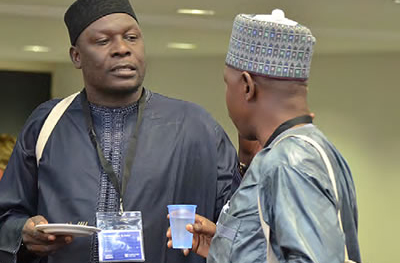World Development Water and Sanitation Projects Supported

WaterAid is one of the leading international WASH NGOs with a focus on promoting clean drinking water, safe sanitation, and improved hygiene. WaterAid currently work in 26 countries, predominantly in Africa and Asia. Their strategy is to use a two-pronged integrated ‘water and sanitation for all’ approach through which they work with local partners to help communities to access safe water and improved hygiene and sanitation facilities, as well as using their experience and research to influence key decision-makers to do more to provide these vital services.
The Foundation started supporting WaterAid in 2007 with grants of £25,000-£50,000 towards community WASH projects in India, providing 23,000 people with access to clean, safe water and 10,000 people with access to improved sanitation. Subsequently the Foundation provided larger multi-year grants to support WaterAid’s Nepal country programme to implement direct project delivery in rural villages, and to develop advocacy campaigns and capacity-building of the water and sanitation sector in Nepal. More recently the Foundation has made the decision to provide WaterAid with £300,000 per year of unrestricted funds as part of a strategic partnership. This form of support has been valuable in enabling WaterAid to develop their expertise within the WASH sector and to lead the way in harder to fund WASH elements, such as menstrual hygiene. The Foundation has benefited from the partnership through WaterAid sharing with us their expertise and learning within the WASH sector.
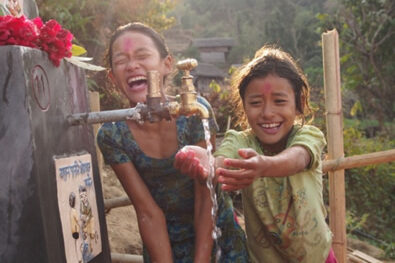
Photo credit: WaterAid / Mani Karmacharya
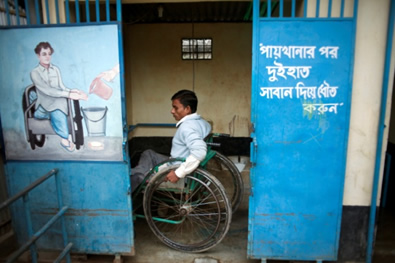
Photo credit: WaterAid / Guilhem Alandry
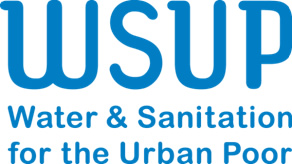
WSUP – Water & Sanitation for the Urban Poor – was established in 2005 as a partnership that brings together the resources and expertise of business, charity and academia to deliver water and sanitation services to the poorest people in cities. WSUP’s model works with local water utility companies and municipalities to improve their WASH conditions, promote good hygiene and raise the health and environmental standards of communities in hard-to-reach slums in six countries (Bangladesh, Ghana, Kenya, Madagascar, Mozambique and Zambia).
In 2012 the Foundation offered WSUP a grant of £150,000 to be used over a three year period to extend their WASH work in Mollar Basti and Kallyanpur slums in Dhaka, Bangladesh. Within this project WSUP will support communities to construct and maintain 14 communal water points connected to mains utilities providing 5,500 people with access to clean safe water. They will also construct 33 communal latrines, and promote hygiene education in schools reaching 21,000 students. An investment scheme will be implemented to facilitate maintenance and improvement of infrastructure over the longer-term, and the project will be monitored and evaluated to assess the effectiveness of the approach for future replication.
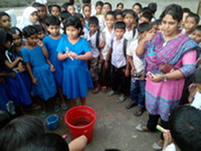
Photo credit: WSUP/GMB Akash
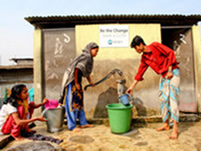
Photo credit: WSUP/GMB Akash
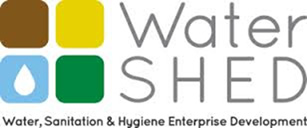
WaterSHED stands for ‘Water, Sanitation, and Hygiene Enterprise Development’. The Cambodia-based NGO originated as a program of the University of North Carolina’s Gillings School of Global Public Health. It has been operating as an independent organisation since 2011. Its mission is to engage local enterprises and government in the development of sustainable market-based approaches to bring effective and affordable water and sanitation products and services to market in Vietnam, Cambodia and Laos.
The Foundation started supporting WaterSHED in 2013 with a grant of £100,000 to promote their “Hands-Off” sanitation marketing programme in Cambodia over a one-year period. The “Hands-Off” approach supports local enterprises to profitably sell sanitation products and services that households want and can afford. To date, the programme facilitated the sale of more than 100,000 household latrines, with 197 village communities reaching 100% latrine coverage and the average household investing $38 in new low-cost latrines. Towards the end of 2014, the Foundation awarded WaterSHED a second grant of £180,000 to extend the programme for a further three years.
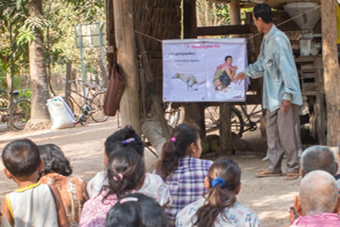
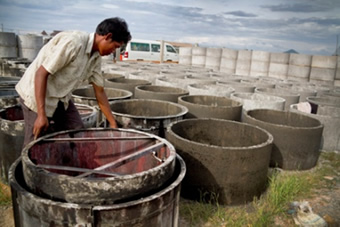

Village Water is a medium sized UK charity that supports the WASH work of their partner organisations in Zambia and Mozambique. Their work began in 2004 with community-based integrated WASH projects, with increasing emphasis placed over the following years on extending their reach and strengthening the local private sector by training and supporting local well-digging enterprises. More recently Village Water has begun to develop the first of a series of district master plans for Nalolo District in the Western Province of Zambia. To do this Village Water is working closely with local authorities to map out what is needed and to co-design projects to achieve universal and sustained access to safe WASH services across the district.
The Waterloo Foundation has supported Village Water on this journey since 2009, and we were delighted to hear in early 2022 that Village Water had reached its millionth person – a considerable achievement!
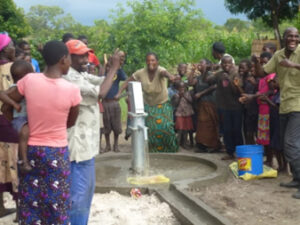
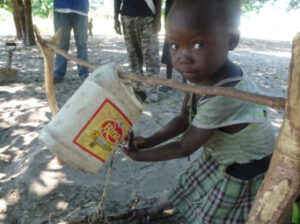
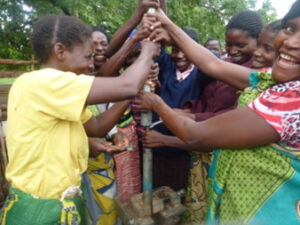
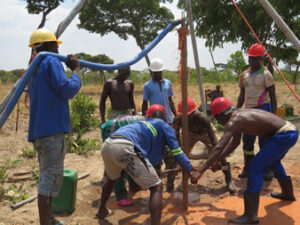
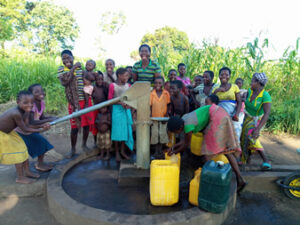

WEDC (the Water Engineering and Development Centre) at Loughborough University is a leading academic and research institution focused on improved delivery of water and sanitation services in low and middle income countries. The WEDC International Conference is a sector platform and learning event which facilitates reflection, debate and exchange of knowledge and ideas, which are rooted in practice. Attended by sector practitioners, decision makers, academics and researchers, it is the only sector conference to be regularly organised and co-hosted in either Africa or Asia.
Since 2009 the Foundation has provided grants to WEDC valued between £10,000 and £25,000, to support low and middle income country nationals to participate in the WEDC International Conference, and as bursary support for distance learning students to achieve a post graduate certificate in either Water and Waste Engineering or Water and Environmental Management.
